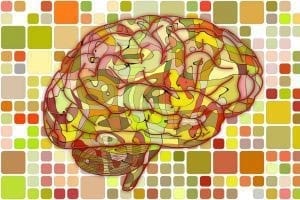According to a story from Greenock Telegraph, Michael Conway of Port Glasgow, UK lives with adrenoleukodystrophy, a rare disease. Recently he received a letter of support from William and Kate, Prince and Princess of Wales. The letter was the result of a seven-year long campaign to help raise awareness of the disease. 56-year-old Michael had previously written to the royals as part of the mission of raising awareness.
About Adrenoleukodystrophy (ALD)
Adrenoleukodystrophy is a genetic disease which is linked to the X chromosome. It is most characterized by the accumulation of fatty acids because the enzymes that process them are not functioning normally. This leads to damage of the myelin sheath, an insulating, fatty layer that coats nerve cells and is essential to their function. Adrenoleukodystrophy is caused by mutations that affect the ABCD1 gene. The presentation of this disease varies significantly. This makes the process of diagnosis very difficult in many cases. Some patients have no symptoms, but when they do appear, they often include neurodegeneration, paraparesis, neuropathy, behavioral abnormalities, adrenal insufficiency, and dementia. Symptoms often progress in severity without treatment. Treatment of adrenoleukodystrophy may include gene therapy, stem cell transplant, and changes in diet. These treatments are often only effective in the early stages of the disease. To learn more about adrenoleukodystrophy, click here.
The letter from the royals states:
“Their Royal Highnesses were grateful to you for being so open about the condition you have and the challenges it can cause. They were both encouraged to hear about your positive approach to life and importantly about the support you receive from your family and employer. It sounds as though they are invaluable.”
Michael had worked at the Ferguson’s shipyard for two decades and was very pleased by the response. Now he is employed as an estimator with BAE Systems, a role he has held for 22 years. He says he received his diagnosis after he started to stumble and lose his coordination.
“BAE have been a model employer, they have given me a car parking space and a work adjustment passport which means they have agreed to help me to my job with my disability. I cannot depend on medication, as there is none. I’ve got to do it myself and that gives me the incentive to keep going. I feel being positive has helped me and having my work and family, though I have had to change the way I work.” – Michael






